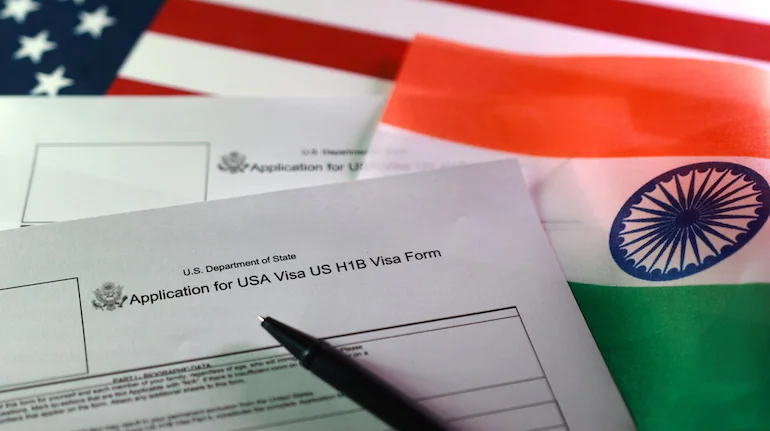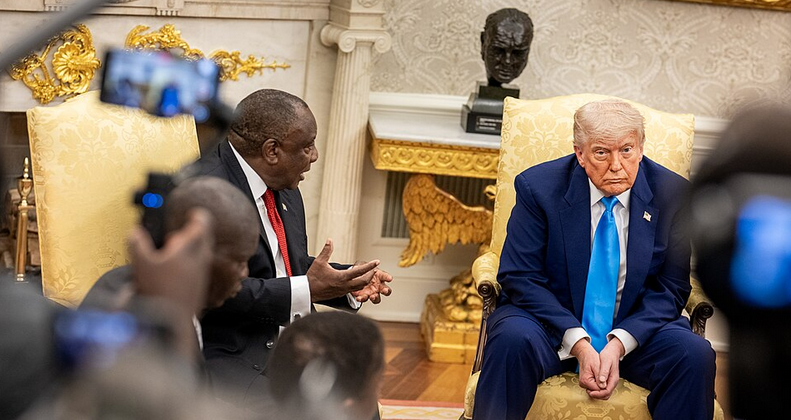Trump's "America First" Approach Strains Key U.S. Alliances
President Donald Trump's return to office and his "America First" foreign policy are reportedly straining long-standing alliances with key countries like Canada, South Korea, and India. World leaders gathered at the 80th U.N. General Assembly (U.N.G.A.) in New York City, where tensions surrounding these relationships were palpable.
The Erosion of Alliances
The article reflects on a quote from former Defense Secretary James Mattis's 2018 resignation letter, emphasizing the importance of strong alliances for national strength. Many American leaders in the post-World War II era have echoed this sentiment. However, Trump's transactional approach appears to be undermining these vital relationships.
Canada: A "Rupture" Up North
Prime Minister Mark Carney of Canada expressed strong concerns at the Council on Foreign Relations, describing the current situation as a "rupture." While avoiding direct mentions, the implication was clear: Canada is bracing for challenges in its relationship with the U.S., focusing on building strength domestically and seeking alternative trade opportunities.
Historically, the U.S. and Canada have enjoyed a strong alliance, with significant trade partnerships and joint operations like the North American Aerospace Defense Command. However, recent punitive tariffs and threats from the Trump Administration are causing significant damage.
Pete Hoekstra, U.S. Ambassador to Canada, further exacerbated the situation with comments deemed "anti-American". According to a new Ipsos poll, 60% of Canadians no longer trust their southern neighbor. A Canada-Mexico summit, focused on reducing trade reliance on the U.S., highlights this shift.
South Korea: A Breach of Trust
Just a month prior, the relationship with South Korea seemed promising, with President Lee Jae-myung pledging substantial U.S. investments. However, an ICE raid on a Hyundai EV battery factory in Ellabell, Georgia, significantly damaged trust. The treatment of South Korean workers during the raid sparked outrage and condemnation.
The incident has led to questions about the safety of investing in the U.S. and has prompted Hyundai to advise employees to reschedule business trips. The South Korean government has reportedly placed a hold on future investments, raising concerns about security ramifications, considering the presence of 28,000 American troops in South Korea.
"My main takeaway is that America is not a safe place to work," - Park Sun-kyu, South Korean worker.
India: A Shift in Alignment
Initially, the Trump Administration seemed keen on leveraging relations with India as a counterweight to China. However, the imposition of tariffs on India, coupled with a more favorable approach towards Pakistan, has created a "rupture."
Prime Minister Narendra Modi has responded by urging the purchase of made-in-India goods and has strengthened ties with both China and Russia. This includes a recent visit to China and efforts to boost Russia-India trade.
Looking Ahead: Consequences and Uncertainty
These instances demonstrate Trump's willingness to risk long-standing alliances for perceived economic gains. The affected countries are now exploring alternative economic and security partnerships, potentially weakening the U.S.'s global influence.
While there are hopes that Trump may adjust his approach, the damage has been done, and it remains uncertain whether these countries will readily support the U.S. in future endeavors. Maintaining strong alliances is crucial for America's global standing, and alienating key partners poses significant risks.
 Visit the website
Visit the website





